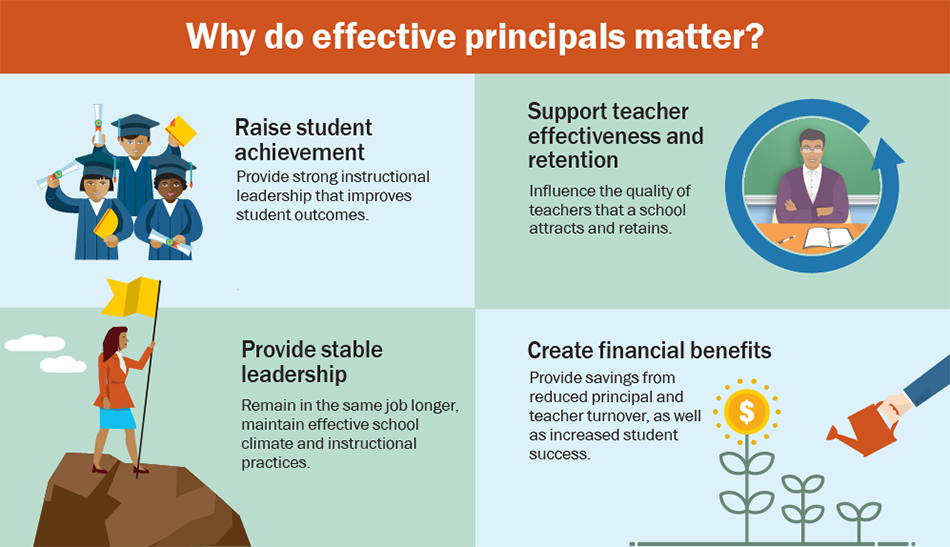Words are powerful tools. Whether you’re in a meeting, writing an email, or simply having a conversation, the ability to recall the right word at the right time makes a world of difference. It affects your confidence, clarity, and how others perceive you. At WordRush, we believe that strong word recall isn’t just for linguists or public speakers—it’s a vital life skill that benefits everyone.
In this blog, we’ll explore what effective word recall techniques are, why they’re important, and how you can start using them in your everyday life to sharpen your memory and communication.
What Is Word Recall?
Word recall refers to your ability to retrieve and use words from memory—often under pressure or in real-time. It’s a cognitive process that involves your brain accessing stored vocabulary and applying it with precision.
For example:
- Struggling to find the word “optimistic” in a conversation
- Replacing a specific word with “thing” or “stuff”
- Taking longer to form a sentence in a professional setting
These gaps can be frustrating, but they’re common—and completely trainable with the right techniques.
Why Does Word Recall Matter in Daily Life?
Here’s why strong word recall can elevate your day-to-day success:
- Improves communication clarity: You get your point across without confusion or vague language.
- Boosts confidence: You feel more assured during interviews, meetings, or networking events.
- Enhances writing skills: Emails, reports, and social media posts become more polished and impactful.
- Strengthens learning: The faster you recall vocabulary, the quicker you can absorb new ideas.
- Supports brain health: Practicing recall activates memory and cognitive function, keeping your brain agile.
10 Effective Word Recall Techniques You Can Practice Today
Let’s explore ten simple but powerful strategies to improve your word recall.
1. Use Mnemonics to Make Words Stick
Mnemonics are memory devices that help you connect unfamiliar words to familiar concepts.
Example:
To remember the word “gregarious” (sociable), associate it with “Greg is always at parties.”
2. Practice Spaced Repetition
This memory strategy involves reviewing vocabulary at increasing intervals over time. Apps like Anki or Quizlet make it easy.
Benefits:
- Strengthens long-term retention
- Encourages consistent review habits
3. Engage in Active Reading
Reading fiction, non-fiction, and articles actively (not passively) forces your brain to encounter and engage with new vocabulary.
Try this:
- Underline new words
- Write short notes or summaries
- Say difficult words out loud while reading
4. Use Visualization
Associate a word with a vivid mental image to anchor it in your memory.
Example:
Visualize a “cacophony” as a noisy classroom with clashing sounds and chaos.
5. Talk It Out
Regular conversations help build natural word recall. Join book clubs, participate in debates, or explain topics aloud to friends.
Why it works:
- You’re forced to find the right words quickly
- Real-time recall strengthens language retrieval speed
6. Apply Words in Context
Don’t just memorize definitions—use the word in writing or conversation immediately after learning it.
How to apply:
- Journal daily using new words
- Write stories or dialogue
- Add words to work emails or presentations
7. Learn Word Roots and Origins
Understanding prefixes, suffixes, and roots can help you recall and even guess the meaning of new words.
Examples:
- “bene” = good (benefit, benevolent)
- “dict” = speak (predict, contradict)
8. Limit Overuse of Filler Words
Train yourself to replace vague or filler words (“thing,” “stuff,” “nice”) with specific, intentional vocabulary.
Challenge:
Pick a day to avoid fillers and choose precise words instead—this forces active recall.
9. Create a Personal Word Bank
At WordRush, we recommend creating a word bank where you write down new or challenging vocabulary with definitions and examples.
Tips for success:
- Review your word bank weekly
- Quiz yourself or use flashcards
- Track which words you’re actively using
10. Practice Mindful Speaking and Writing
Slow down. Give your mind time to recall words before rushing into a sentence. Silence or pauses are better than vague speech.
Pro tip:
Practice public speaking or join a Toastmasters group to refine your verbal recall in real time.
Common Challenges with Word Recall (and How to Overcome Them)
- “Tip of the Tongue” Moments:
This happens to everyone. The best fix is to stay calm and use a placeholder while your brain catches up. - Word-Finding Fatigue:
This often occurs after long days or during stress. Take breaks, hydrate, and rest to reset your brain. - Anxiety or Pressure:
When nervous, your brain might “freeze.” Practicing breathing exercises before high-pressure moments can help reduce recall disruption.
How WordRush Helps
At WordRush, we provide tools, exercises, and engaging content to help language learners, students, and professionals expand their vocabulary and recall it effortlessly. Whether you’re building confidence for public speaking or just want to express yourself better, mastering effective word recall techniques is the key to long-term success.
Final Thoughts
Improving your vocabulary is more than just memorizing big words—it’s about being able to recall and use those words when they matter most. From professional communication to personal relationships, your words shape the way you’re understood and remembered.
By consistently using the strategies shared in this blog, you can develop a sharper memory, clearer speech, and a more articulate version of yourself—one word at a time.


